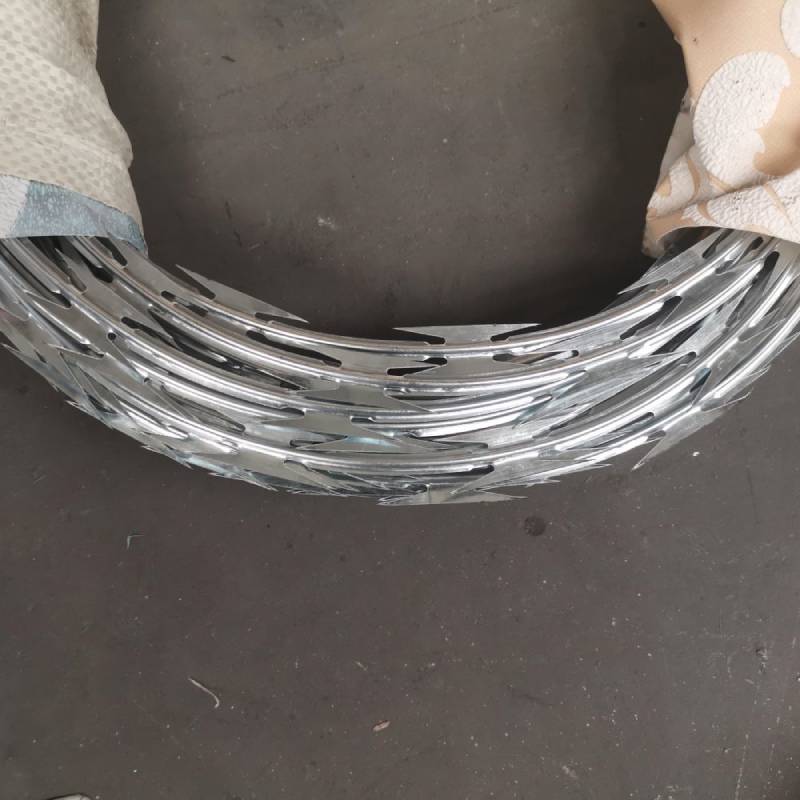Choosing the Right Nails for Your Wood Deck Construction and Maintenance Needs
Choosing the Right Nails for Wood Decking
When building or repairing a wooden deck, one of the most critical decisions you’ll face is selecting the right nails. While it might seem like a minor detail, the fasteners you choose can significantly affect the durability and safety of your structure. Different types of nails are designed for various applications, which is essential to consider when working with wood decking.
Types of Nails for Wood Decking
1. Common Nails These are the most basic type of nails and are generally used in general construction. However, for decking, they might not be the best choice due to their tendency to loosen over time, especially in outdoor environments that experience weight fluctuations or weather changes.
2. Decking Nails Specifically designed for decking applications, these nails are often thicker and longer than common nails. They usually come with a larger head to prevent them from pulling through the decking boards. Additionally, decking nails often have coatings that resist rust, making them ideal for outdoor use.
3. Screws While technically not nails, decking screws are increasingly popular among builders. They provide superior holding power compared to nails and are less likely to loosen over time. Screws also allow for easier removal if repairs are needed in the future, which is invaluable for long-term maintenance.
4. Ring Shank Nails These nails have ridges or rings along their shank, which provide additional holding power. The unique design helps prevent the nails from backing out, making them a great choice for decking that will face the elements. They can increase the overall strength and longevity of your deck.
5. Coated Nails In a deck-building context, corrosion resistance is key. Many nails come with a coating—usually a galvanized finish or a polymer coating—to protect against rust. This protection is critical for outdoor applications, as moisture from rain or sprinkler systems can lead to rapid deterioration of uncoated fasteners.
nails for wood deck

Factors to Consider
When selecting nails for your wood deck, you should consider several factors
- Material Type Ensure that you choose nails made for the type of wood you’re using. Different woods have different properties and can react differently with fasteners.
- Length and Diameter The length of the nails should be sufficient to penetrate the wood but not too long that they protrude out the other side. Typically, nails between 2.5 to 3 inches in length are recommended for decking.
- Load and Stress Consider how much weight and stress the deck will bear. If it's a structure designed for heavy use, using thicker and more robust fasteners is essential.
- Environmental Conditions If you live in an area with harsh weather conditions, opt for fasteners that can withstand moisture, such as stainless steel or specially coated nails.
Conclusion
The right nails for your wooden deck are crucial for ensuring its longevity and safety. While there are various options available, selecting the proper type based on your specific decking material, the environmental conditions, and load requirements will lead to a more resilient structure. Remember, investing time and resources in choosing the right nails will pay off in the long run, saving you from repairs and maintenance hassles. So, whether you're a seasoned builder or a DIY enthusiast, make informed choices to enjoy your wood deck for years to come!
-
Why Choose a Wire Mesh Fence for Your PropertyNewsApr.09,2025
-
The Versatility and Strength of Wire MeshNewsApr.09,2025
-
The Strength and Durability of Galvanized WireNewsApr.09,2025
-
The Essential Guide to Iron NailsNewsApr.09,2025
-
The Benefits of Welded Wire Mesh PanelNewsApr.09,2025
-
Reliable Roofing Solutions with Roofing NailsNewsApr.09,2025




